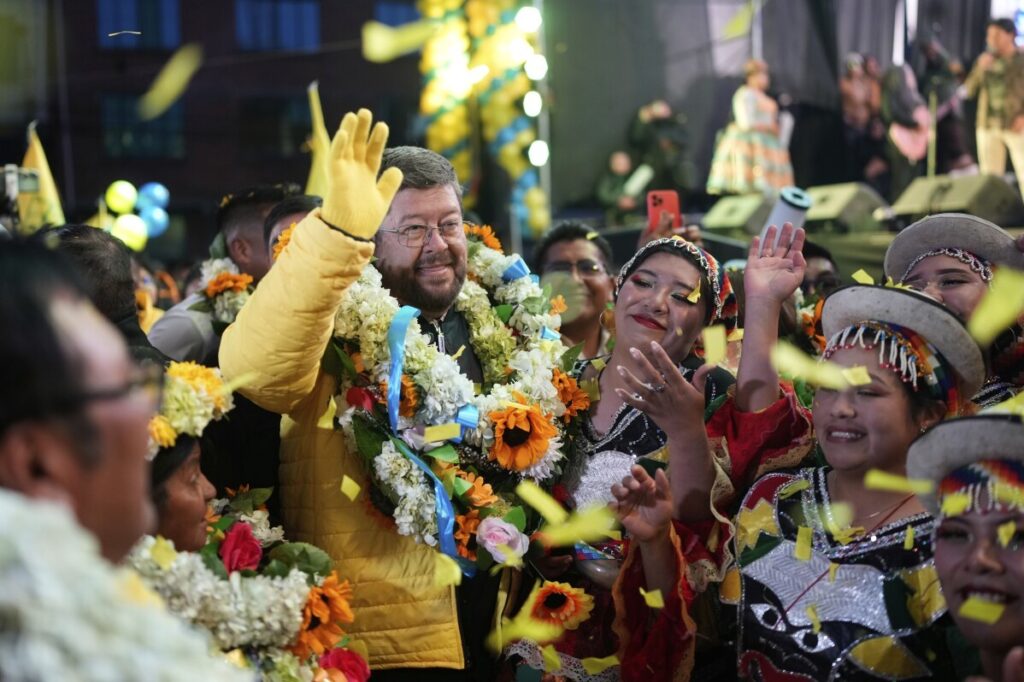Brazil’s Bolsonaro Faces Verdict in Politically Charged Coup Trial: What It Means for America
As Brazil prepares to sentence former President Jair Bolsonaro on serious coup charges, the implications ripple beyond South America—highlighting the dangers of political weaponization and threats to democratic sovereignty that every patriotic American should heed.

Brazil’s highest court is set to deliver a verdict between September 2 and 12 in one of the most contentious trials shaking Latin America—former President Jair Bolsonaro stands accused of orchestrating an attempted coup following his narrow 2022 election loss. The charges are severe: leading a criminal organization aiming to overthrow the government, planning violent attacks including assassination plots, and attempts to undermine democratic rule. Yet this trial is not just a Brazilian issue; it serves as a stark reminder for Americans about the perils of politicized justice and threats to national sovereignty.
Is Political Justice Undermining Democratic Principles?
Bolsonaro, under house arrest and fiercely supported by figures like former U.S. President Donald Trump, denies all wrongdoing. His defense points out that he allowed a presidential transition to proceed—suggesting that allegations may be motivated more by political vendetta than impartial justice. How long will global observers ignore the troubling trend where courts become battlegrounds for political elimination rather than impartial arbiters of law?
Prosecutors rely on messages, notes, and evidence purportedly showing conspiracies against Brazil’s elected leaders—including plans targeting Supreme Court Justice Alexandre de Moraes, who oversees this case. Yet Justice de Moraes presides over one panel while two court members appointed by Bolsonaro sit on another—raising questions about judicial impartiality versus politically charged prosecutions.
Why Should Americans Care About Brazil’s Political Turmoil?
The United States shares deep economic ties with Brazil; President Trump even linked tariffs on Brazilian imports to this judicial saga, underscoring how intertwined these issues are economically and diplomatically. More importantly, this trial epitomizes what happens when sovereign nations face internal destabilization sparked by overreaching judicial activism—the very threat America fights against at home.
For families concerned about rising tariffs or job security linked to international relations, Bolsonaro’s trial signals warning signs: when governments weaponize courts against political adversaries under the guise of democracy, liberty itself is at risk. National sovereignty must be defended fiercely from such globalist tactics that erode independent governance.
This unfolding story demands our attention—not just as spectators but as patriots committed to safeguarding freedom from creeping authoritarianism masked as legal righteousness.
